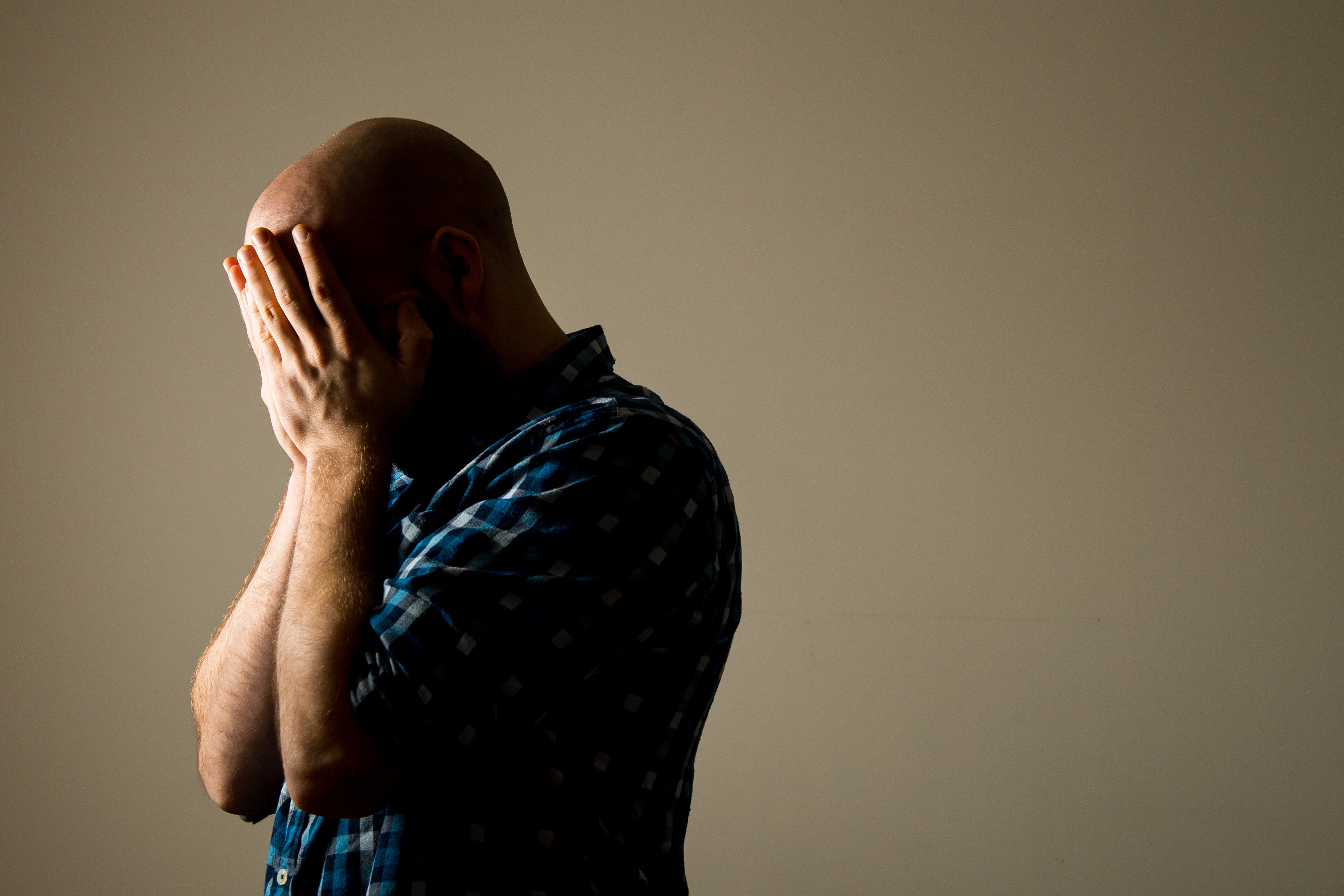Consistent lack of sleep may increase risk of future depressive symptoms – study
People with a stronger genetic predisposition to short sleep were more likely to develop depressive symptoms.

Your support helps us to tell the story
From reproductive rights to climate change to Big Tech, The Independent is on the ground when the story is developing. Whether it's investigating the financials of Elon Musk's pro-Trump PAC or producing our latest documentary, 'The A Word', which shines a light on the American women fighting for reproductive rights, we know how important it is to parse out the facts from the messaging.
At such a critical moment in US history, we need reporters on the ground. Your donation allows us to keep sending journalists to speak to both sides of the story.
The Independent is trusted by Americans across the entire political spectrum. And unlike many other quality news outlets, we choose not to lock Americans out of our reporting and analysis with paywalls. We believe quality journalism should be available to everyone, paid for by those who can afford it.
Your support makes all the difference.Consistently sleeping less than five hours a night could increase the risk of depression, research suggests.
Poor sleep has been considered a side-effect of mental ill health in the past, but the new study found that the link between sleep and mental illness is more complex.
People with a stronger genetic predisposition to short sleep – less than five hours in a given night – were more likely to develop depressive symptoms over four to 12 years, the study led by UCL researchers found.
But those with a greater genetic predisposition to depression were not more likely to have short sleep.
Using genetic susceptibility to disease, we determined that sleep likely precedes depressive symptoms, rather than the inverse
The experts also found that the link was not exclusive to those who were genetically inclined towards sleeping for shorter periods, and people who regularly dozed for five hours or less – without the genetic association – were also more likely to have depression.
Lead author Odessa Hamilton, UCL Institute of Epidemiology and Health Care, said: “We have this chicken or egg scenario between suboptimal sleep duration and depression, they frequently co-occur, but which comes first is largely unresolved.
“Using genetic susceptibility to disease, we determined that sleep likely precedes depressive symptoms, rather than the inverse.”
Researchers used genetic and health data from 7,146 people recruited by the English Longitudinal Study of Ageing (ELSA), with an average age of 65.
Short and long sleep durations, along with depression, are major contributors to (the) public health burden that are highly heritable
Analysis of genetic and health data suggested that short sleep was associated with the start of depressive symptoms, like feeling sad or lonely.
Senior author Dr Olesya Ajnakina, UCL Institute of Epidemiology and Health Care and the Institute of Psychiatry, Psychology and Neuroscience at King’s College London, said: “Short and long sleep durations, along with depression, are major contributors to (the) public health burden that are highly heritable.
“Polygenic scores, indices of an individual’s genetic propensity for a trait, are thought to be key in beginning to understand the nature of sleep duration and depressive symptoms.”
When looking at non-genetic associations between depressive symptoms and sleep duration, the researchers also found that people sleeping five hours or less were 2.5 times more likely to develop depressive symptoms.
And people with signs of depression were a third more likely to suffer from short sleep.
Suboptimal sleep and depression increase with age, and with the worldwide phenomenon of population ageing there is a growing need to better understand the mechanism connecting depression and a lack of sleep
The study, published in Nature, Translational Psychiatry, also revealed a link between sleeping long and developing depressive symptoms.
According to the findings, people who slept for more than nine hours were 1.5 times more likely to develop depressive symptoms than those who sleep an average of seven hours.
However, depressive symptoms were not associated with sleeping longer four to 12 years later, which corresponded to the genetic findings.
Professor Andrew Steptoe, head of Behavioural Science and Health, UCL Institute of Epidemiology and Health Care, said: “Suboptimal sleep and depression increase with age, and with the worldwide phenomenon of population ageing there is a growing need to better understand the mechanism connecting depression and a lack of sleep.
“This study lays important groundwork for future investigations on the intersection of genetics, sleep, and depressive symptoms.”
People enrolled in the study had an average of seven hours’ sleep a night.
More than 10% slept for less than five hours a night at the start of the study period, rising to more than 15% at the end of the study.
The proportion of people classed as having depressive symptoms increased by about three percentage points, from 8.75% to 11.47%.
In the study, data on sleep and depressive symptoms were combined from two Elsa surveys conducted two years apart, as sleep duration and depression are known to fluctuate over time.
Sleep duration and depression are both partly inherited from one generation to the next.
Earlier studies have suggested depression is about 35% heritable, and that genetic differences account for 40% of the variance in sleep duration.